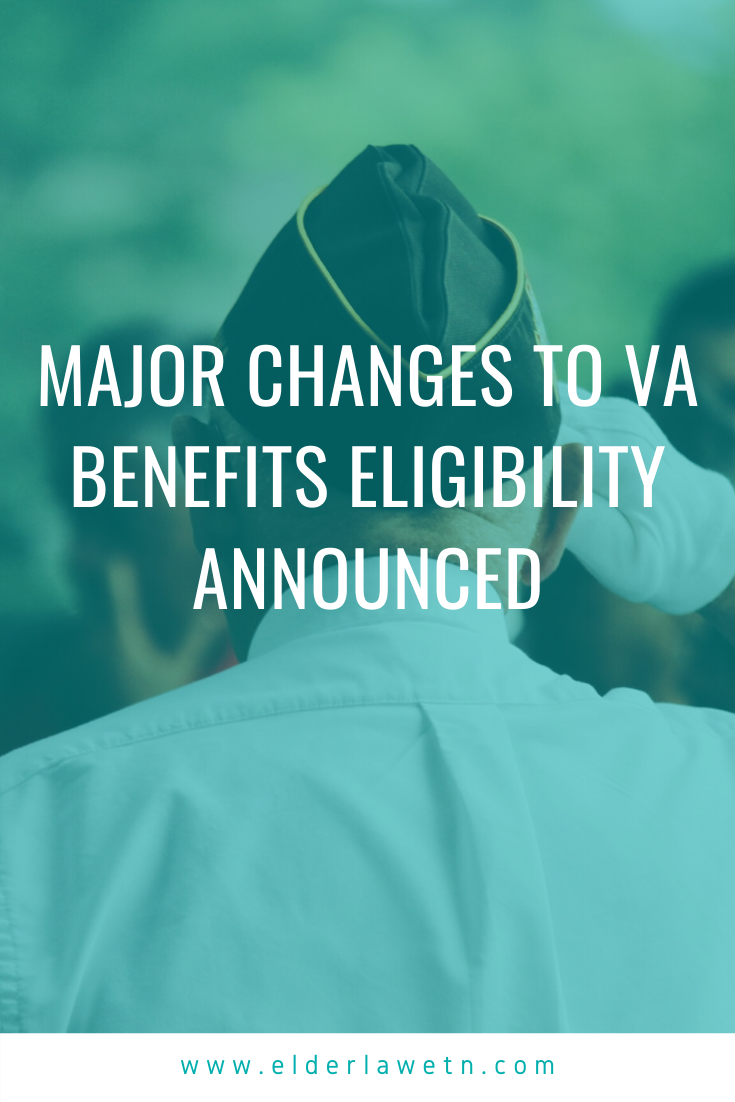Several months ago, the Veterans Administration (VA) released proposed changes to rules impacting qualification for Aid and Attendance benefits, which help pay long-term care costs for wartime veterans and their surviving spouses. On September 18, 2018, they announced that the proposed changes will take effect on October 18, 2018. These changes have a substantial impact on the ability of veterans and their surviving spouses to qualify for Aid and Attendance (also known as VA Pension) benefits. The significant changes include:
- Imposing a 36-month lookback period for gifts or transfers to a family member, irrevocable trust, or annuity. Previously there was no lookback period.
- Up to a five-year penalty period due to gifts made within the 36-month lookback period. During this penalty period, the applicant’s benefits will be delayed.
- A net worth limit of $123,600 for applicants, an amount which will be updated annually. Both the veteran’s and their spouse’s assets will be included in the net worth calculation.
- A homestead and land exemption of up to two (2) acres. Property in excess of two acres will be included in the calculation of net worth.
You can read a comprehensive summary of the rule changes in this whitepaper published by Elder Counsel.
If you or someone you know plan to apply for VA Aid and Attendance benefits, time is of the essence. Applicants who qualify for VA benefits prior to October 18, 2018 will be grandfathered in and will not be penalized for gifts or transfers made within the previous 36 months.
Even if you cannot obtain VA benefits before October 18th, it may still be worthwhile to begin the process of planning for benefits now. Because of the new rules, it will be more important than ever to make plans long before the benefits are actually needed to help pay for care. The plan for VA benefits may also need to be coordinated with a plan for Medicaid (or TennCare in Tennessee), a program which has similarly restrictive rules. If you are a wartime veteran or a surviving spouse of a wartime veteran, contact a qualified elder law attorney who is accredited to practice before the VA and is familiar with Medicaid planning to learn more about your options.


